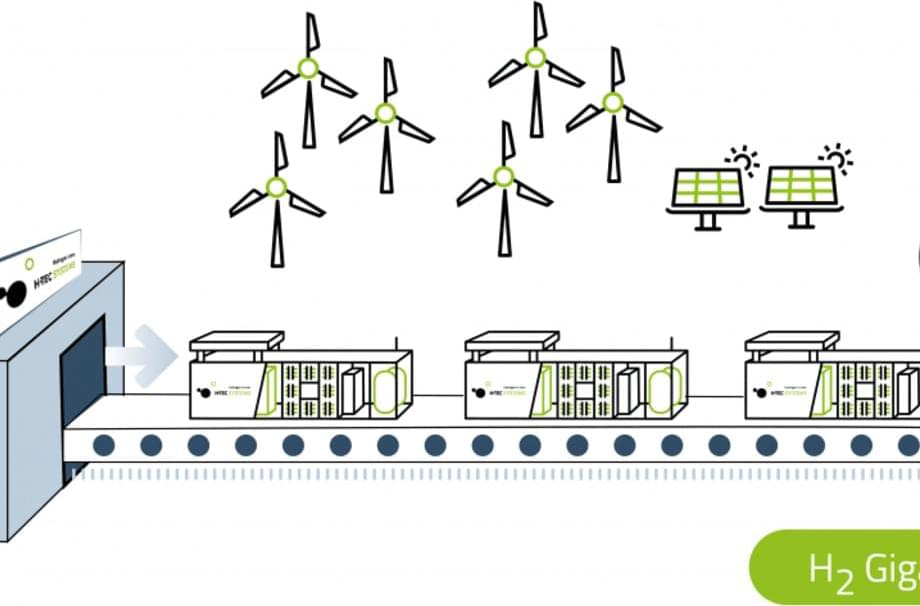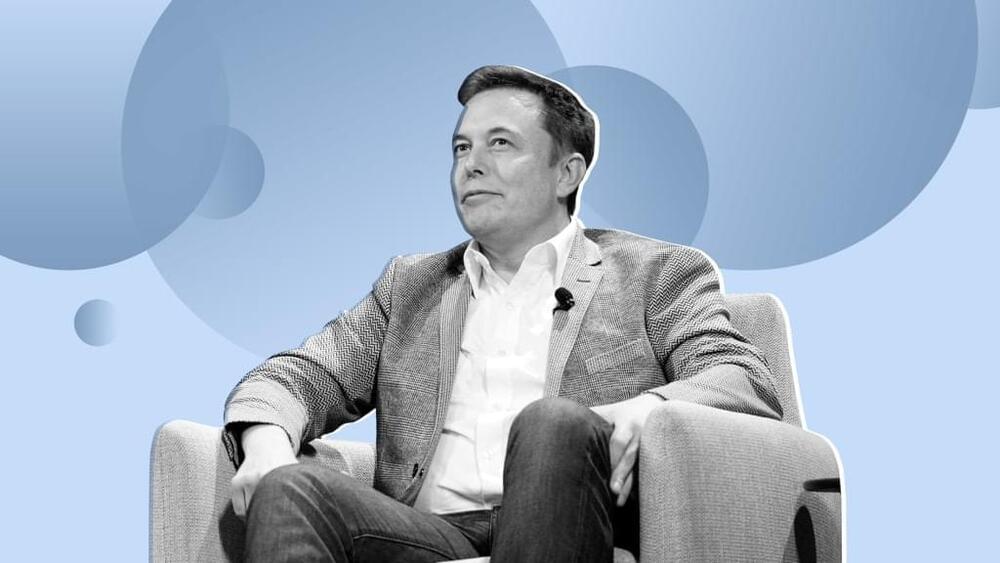One of Europe’s top business schools recently released its Future Readiness Indicator study and focused on the automotive sector for its analysis.
Category: education – Page 122
Dr. Claudia Mahler — IE, Human Rights Of Older Persons — United Nations Human Rights Council (UNHRC)
Advocating enhanced international action on human rights of older persons — dr. claudia mahler, IE, united nations human rights, UNHCR.
The United Nations Human Rights Council (UNHRC — https://www.ohchr.org/en/hrbodies/hrc/pages/aboutcouncil.aspx) is a United Nations (https://www.un.org/en/) body whose mission is to promote and protect human rights around the world.
The Council investigates allegations of breaches of human rights in United Nations member states, and addresses thematic human rights issues such as freedom of association and assembly, freedom of expression, freedom of belief and religion, women’s rights, LGBT rights, and the rights of racial and ethnic minorities. In recent years, there have been significant advocacy efforts calling for enhanced international thinking and action on the human rights of older persons, and the four main challenges older persons are facing, in terms of human rights as discrimination, poverty, violence and abuse, as well as the lack of specific measures and services to remedy these issues.
Dr. Claudia Mahler (https://www.ohchr.org/en/issues/olderpersons/ie/pages/ieolderpersons.aspx) currently serves as an Independent Expert on the human rights of older persons at the United Nations Human Rights Council.
Dr. Mahler has been working for the German Institute for Human Rights as a senior researcher in the field of economic, social and cultural rights since 2010. She is also a visiting professor at the Alice Salomon University of Applied Sciences Berlin.

Europe’s first carbon negative biorefinery opens in Istanbul
Latest local news from Turkey, including top stories on education, minorities and more at DailySabah.com
Responding To The Washington Post Hatchet Job On Electric Cars & Winter Driving
An editorial writer and columnist for the Washington Post wrote a screed attacking electric cars this week. His heavily slanted piece was filled with misinformation. Here’s the truth about driving an electric car in winter.
Last week, hundreds of motorists on I-95 in Virginia were stuck for hours when a blizzard closed the highway south of Washington, DC. Highway crews couldn’t spread ice-melting chemicals before the storm arrived because the rain that preceded it would have washed them away. But when temperatures dropped, the rain quickly turned to ice. Then the snow came and made the ice treacherously slippery. Tractor trailers trying to get off the highway lost control, blocking many exit ramps. Senator Tim Kaine was trapped in the tangled mess of stalled cars for 27 hours.
Afterwards, Charles Lane, an editorial writer and columnist for the Washington Post, wrote a blistering opinion piece entitled, “Imagine Virginia’s Icy Traffic Catastrophe — But With Only Electric Vehicles.” In it, he wails about the Tesla driver who banged on the door of a tractor trailer, begging for help because he was afraid his family might freeze to death if his battery ran out of power. “If everyone had been driving electric vehicles, this mess could well have been worse,” Lane writes.
He goes on to say even Tesla warns on its website the cold temperatures can reduce range. Charging a cold battery takes longer, and besides, he says, there aren’t that many charging stations anyway. And what happens if the power goes out? What then? Lane, a graduate of Yale law school, apparently lacks the mental capacity to realize that when the power goes out, gas pumps stop working as well.
Transhumanism (Full Documentary)
TABLE OF CONTENTS —————
0:00–21:02 : Introduction (Meaning of Life)
21:03–46:14 CHAPTER 1: Transhumanism and Life Extension.
TWITTER https://twitter.com/Transhumanian.
PATREON https://www.patreon.com/transhumania.
BITCOIN 14ZMLNppEdZCN4bu8FB1BwDaxbWteQKs8i.
ETHEREUM 0x1f89b261562C8D4C14aA01590EB42b2378572164
LITECOIN LdB94n8sTUXBto5ZKt82YhEsEmxomFGz3j.
#1 ) THE GENETIC PATHWAY
46:15–58:52 CHAPTER 2 : Biological Aging a. “Programmed Cell Death” Theory of Aging b. “Intercellular Competition” Theory of Aging c. “Antagonistic Pleiotropy” Theory of Aging.
#2 ) THE CYBERNETIC PATHWAY
58:53–1:12:26 CHAPTER 3 : Cyborgs.


H-Tec Systems researches mass production of PEM electrolysers
H-Tec Systems receives research funding to advance research project PEP.IN with PEM electrolysers expertise as part of the H2Giga hydrogen project.
Augsburg-based hydrogen technology company H-Tec Systems is now officially part of the H2Giga hydrogen project for research & development into the series production of PEM electrolysis stacks and electrolysers. The German Federal Ministry of Education and Research (BMBF) is supporting H2Giga with a total funding volume of up to 500 million euros. The aim is to identify and test novel processes for the competitive mass production of electrolysers in Germany to make green hydrogen affordable and competitive.
As an expert and visionary in green hydrogen technology, H-Tec Systems is receiving research funding for the H2Giga project “PEP.IN” to further advance series production. By spring 2025, H-Tec Systems will identify new production processes for PEM electrolysis stacks and electrolysers in the gigawatt range and develop corresponding test facilities to quickly set up and commence series production.
The H2Giga project PEP.IN stands for Industrialisation of PEM Electrolysis Production and aims to optimise processes and equipment to produce electrolysers and electrolysis stacks in mass production. Part of the research work within the project is the investigation of a production plant for electrolysis stacks and electrolysers. In addition, a central component of the project is the further development of the electrolysis stacks to make them as simple and cost-effective as possible to produce. For smooth, highly available and cost-effective production, it is necessary to align the corresponding supply chains to the needs of the production. In addition, the individual components of an electrolyser will be considered in order to implement automated production of electrolysers in the gigawatt range. By collecting smart stack and plant operating data, H-Tec Systems will also contribute to the further development of the plants.


How to talk about death and dying
Our reluctance to think, talk or communicate about death is even more pronounced when we deal with others’ loss compared to our own, new research finds, but either way we tend to frame attitudes and emotions in a sad and negative way.
Teaching new more positive ways to address these difficult conversations is the focus of a new paper in PLOS ONE journal by palliative care specialists across Australia.
Led by Flinders University’s Research Centre for Palliative Care, Death and Dying (RePaDD) and Palliative and Supportive Services, researchers from Flinders, CQUniversity Australia, NT Palliative Care Central Australia and University of Technology Sydney, surveyed 1,491 people about the use of language to express their feelings and insights into death and dying.
